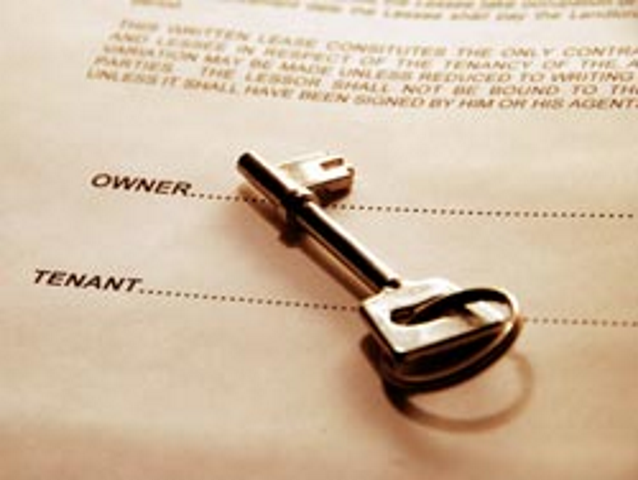Everyone knows that there’s more to owning a rental property than finding a tenant and collecting the rent, but the one thing that most private landlords forget to do is keep records for income tax purposes.
 Schaefer says, according to SARS, even money received for the occasional rental of a holiday home or for the rental of a room in your home or a cottage on your property forms part of your income, and must be declared to the Receiver, or you could find yourself in very hot water.
Schaefer says, according to SARS, even money received for the occasional rental of a holiday home or for the rental of a room in your home or a cottage on your property forms part of your income, and must be declared to the Receiver, or you could find yourself in very hot water.This is according to Andrew Schaefer, MD of national property management company Trafalgar, who says many private landlords don’t even realise that if you own one or more rental properties, the SA Revenue Service (SARS) requires you to calculate your expenses and profits in relation to these properties - and to pay tax on your profits.
“Most think they can keep whatever rent they receive without any reference to SARS, especially if they are only just breaking even on their rental properties, but this is actually a contravention of the Income Tax Act.”
Schaefer says, according to SARS, even money received for the occasional rental of a holiday home or for the rental of a room in your home or a cottage on your property forms part of your income, and must be declared to the Receiver, or you could find yourself in very hot water.
On the other hand, he says rental property owners also need to be aware that there are certain expenses incurred in the letting of property that can be deducted from the gross rental to determine the actual profit and reduce the amount of tax payable.
According to SARS, these expenses include municipal rates and taxes, the interest paid on the mortgage of the property, the cost of advertising for new tenants, the fees paid to a managing agent, the annual homeowners’ insurance premium, the cost of repairs and maintenance and the cost of garden and security services.
“Landlords who are claiming these expenses will, however, have to submit proof in the form of invoices, receipts and statements from their banks and insurance companies, and they should be sure to start filing these supporting documents now, at the start of the financial year.”
They should also be aware that they cannot charge VAT on the rental they receive, or claim VAT on anything they spend on the property, he says.
Schaefer says that expenditure on improvements to the rental property, such as the addition of a garage or another bedroom, cannot be claimed against the rental income received, but could be included in the base cost of the property to effectively reduce the owner’s capital gains tax liability if the property is ever sold.
“Meanwhile, our advice to owners who haven’t declared their rental income in past tax periods is to approach SARS as soon as possible and ‘come clean’, rather than waiting to see whether, or rather when, they will be found out.”
Taking the direct approach may even result in a reduction of the penalties and interest that SARS can impose on unpaid taxes, and it would certainly be better than waiting until you decide to sell the property and then being faced with a huge tax bill before you can transfer it to the new owner, he says.
“We do recommend, though, that you get an accountant or a reputable tax consultant to help you clear things up, or even to approach SARS on your behalf, and to ensure that your net rental income is properly calculated and disclosed in future tax returns.”








